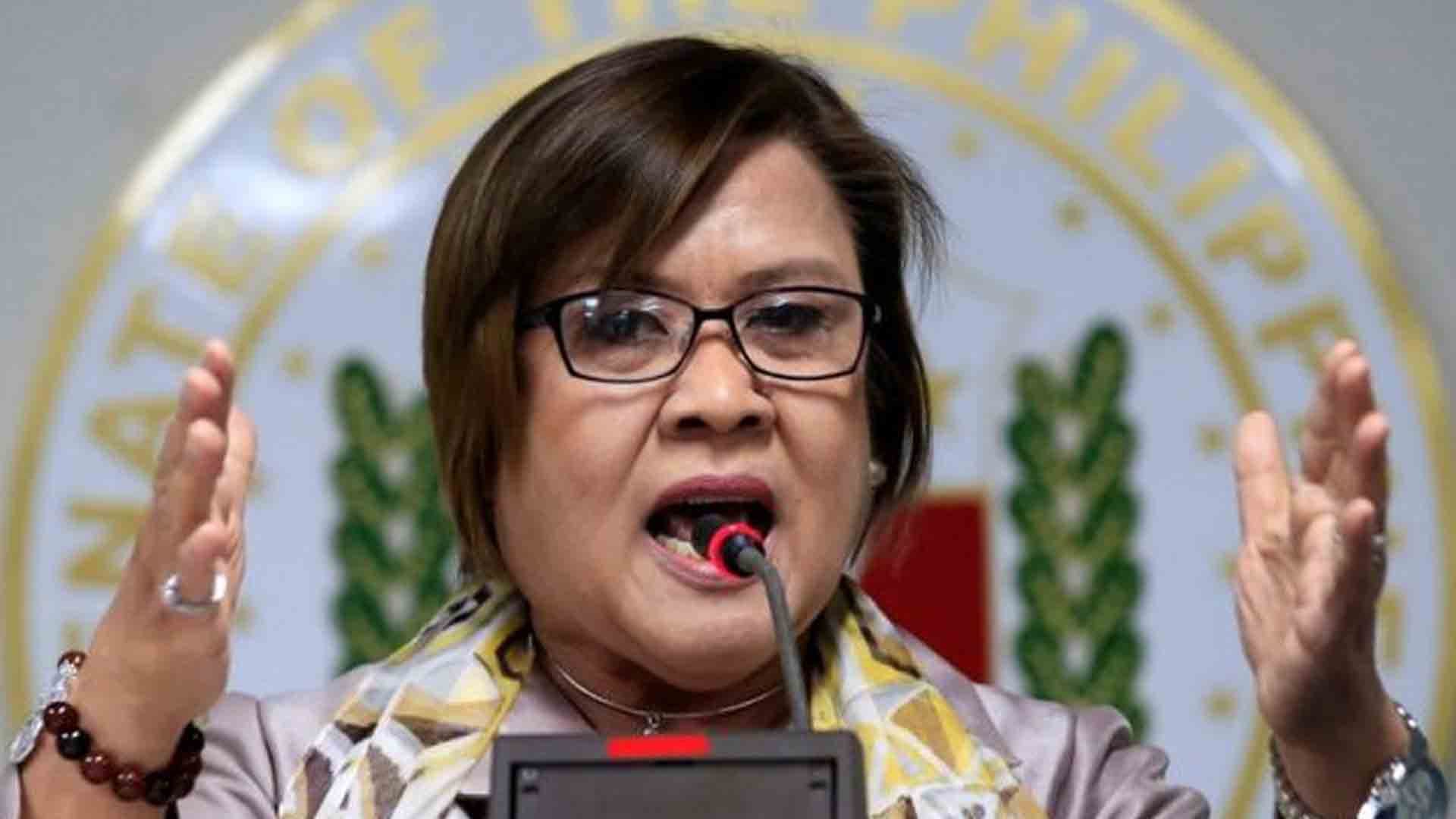Senator Leila M. de Lima has proposed stricter regulation in securing and issuing solicitation permits to individuals and organizations to guarantee that contributions for charitable or public welfare purposes will reach its intended beneficiaries.
De Lima, who chairs the Senate Committee on Social Justice, Welfare and Rural Development, filed Senate Bill (SB) No. 851, or the “Public Solicitation Act,” that would require stringent requirements for solicitation permits and impose stiff penalties for violators.
“The bill puts in place mechanisms to ensure that funds raised through public solicitation are properly utilized for the intended purpose and beneficiaries,” she said.
“To achieve this, standards and guidelines are established to strengthen the system of granting permits or authorization to solicit funds or donation from the public, to serve their respective public welfare purposes,” she added.
According to the Senator, Senate Bill No. 851 she authored seeks to repeal the 41-year-old Act. No. 4075, as amended by Presidential Decree No. 156, also known as “Solicitation Permit Law,” to make it attuned to the present needs.
De Lima explained that SB No. 851 aims to institutionalize the issuance of solicitation permit during calamities or disasters, implementing more stringent monitoring and validation of permits, and reportorial requirements for exempt organizations.
“The bill ultimately seeks to safeguard the welfare of the most vulnerable by ensuring that proceeds raised for the benefit of our disadvantaged countrymen will rightfully be translated to programs that will help their causes,” she said.
De Lima, a former justice secretary, pointed out that Presidential Decree No. 156 which was enacted on June 11, 1978 to regulate the soliciting of donations or receiving of contributions may have been abused by some sinister individuals and organizations.
Among these issues, she continued, were how to monitor individuals, organizations, or associations which were issued authority to conduct solicitation and how to determine if proceeds actually reached the intended beneficiaries or projects.
“Reported abuses in the conduct of solicitation activities bring to the forefront the need for regulation of organizations, agencies, groups and individuals in order to protect the general public from unscrupulous solicitation,” she added.
Under SB No. 851, solicitation permit may only be obtained from the Department of Social Welfare and Development Office, and from provincial, city and municipal Social Welfare and Development Office.
Several documentary requirements for obtaining a solicitation permit must also be complied with, including a duly-accomplished application form signed by the individual, organization, or agency head or an authorized representative.
Violators will be meted with a three- to -six-month imprisonment and a fine of not less than PhP10,000 but not more than PhP100,000, for those who found to be soliciting without a permit or using falsified or tampered solicitation permit and those soliciting with an expired solicitation permit.
Those soliciting beyond the allowed area of coverage or violating the mode of solicitation will also be penalized by imprisonment of one to three months and a fine of not less than PhP10,000 but not more than PhP100,000. (senate.gov.ph)







